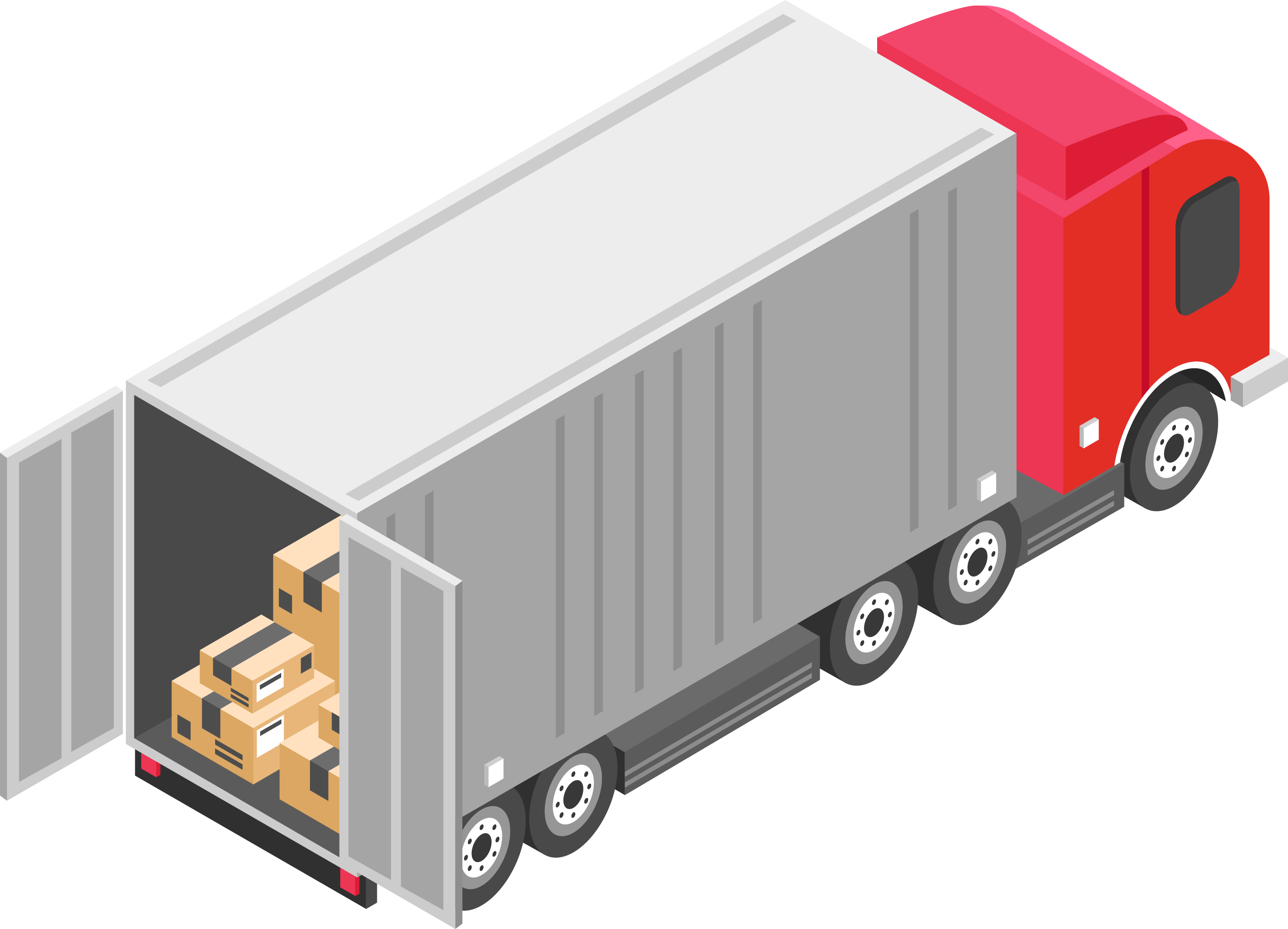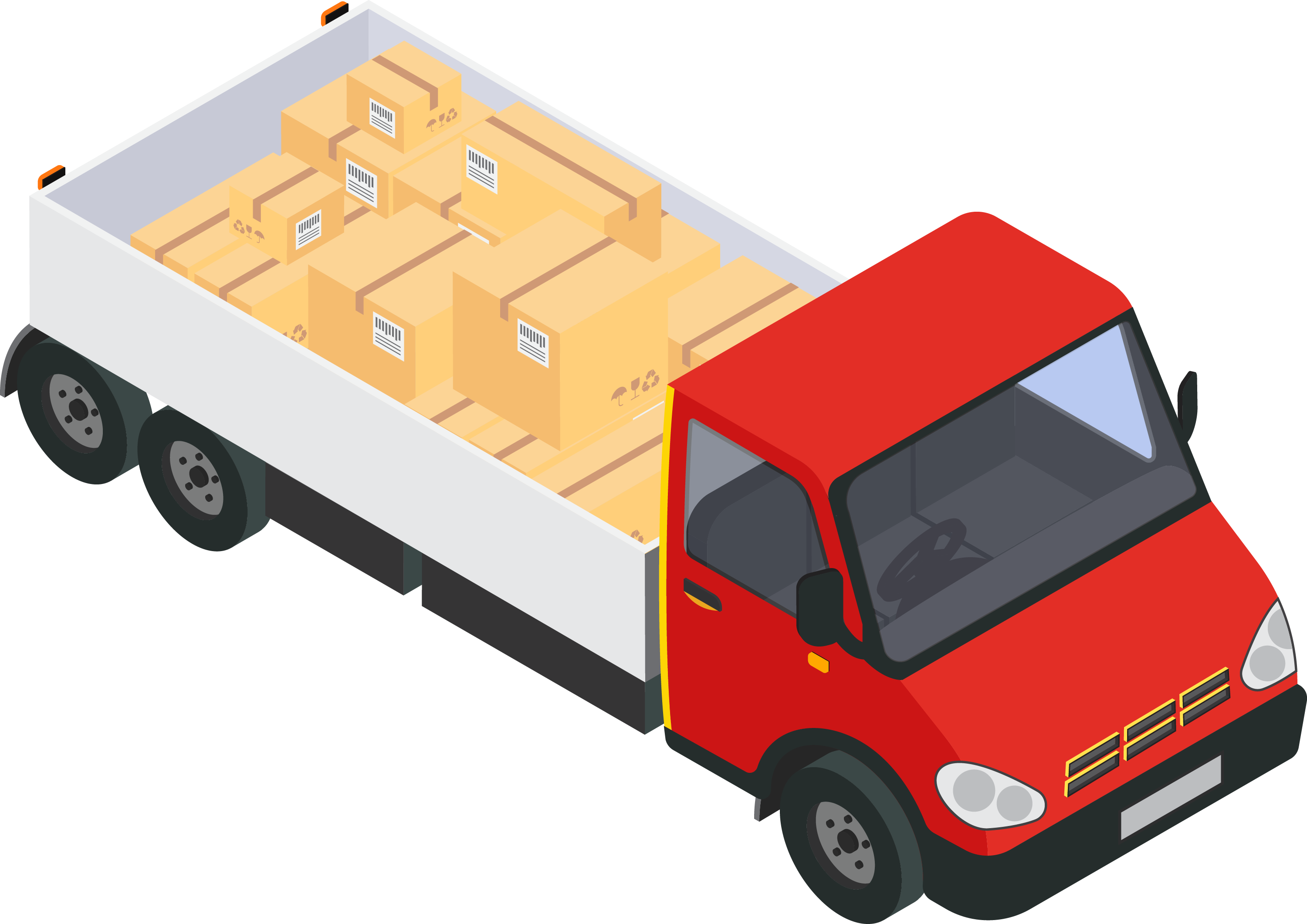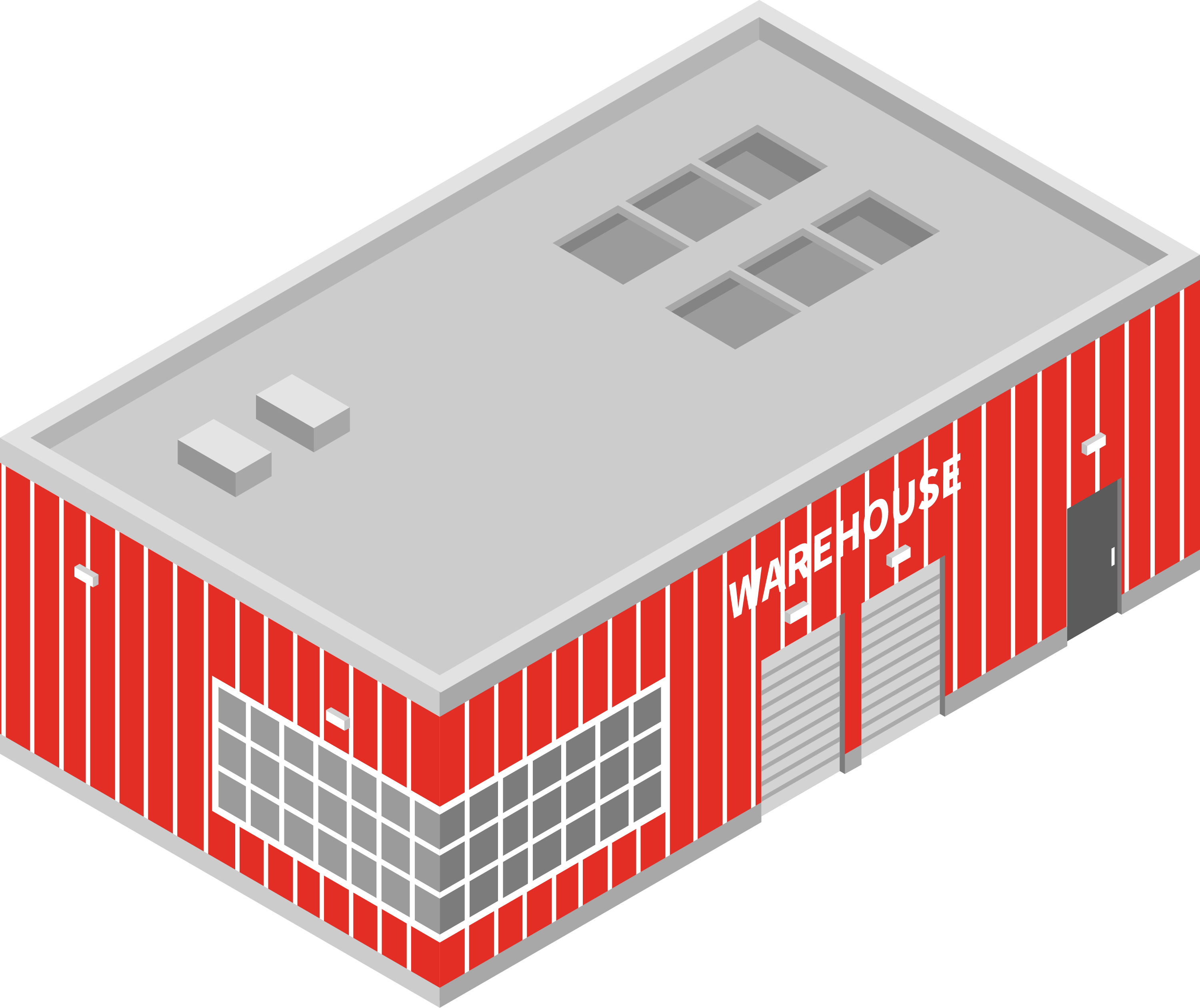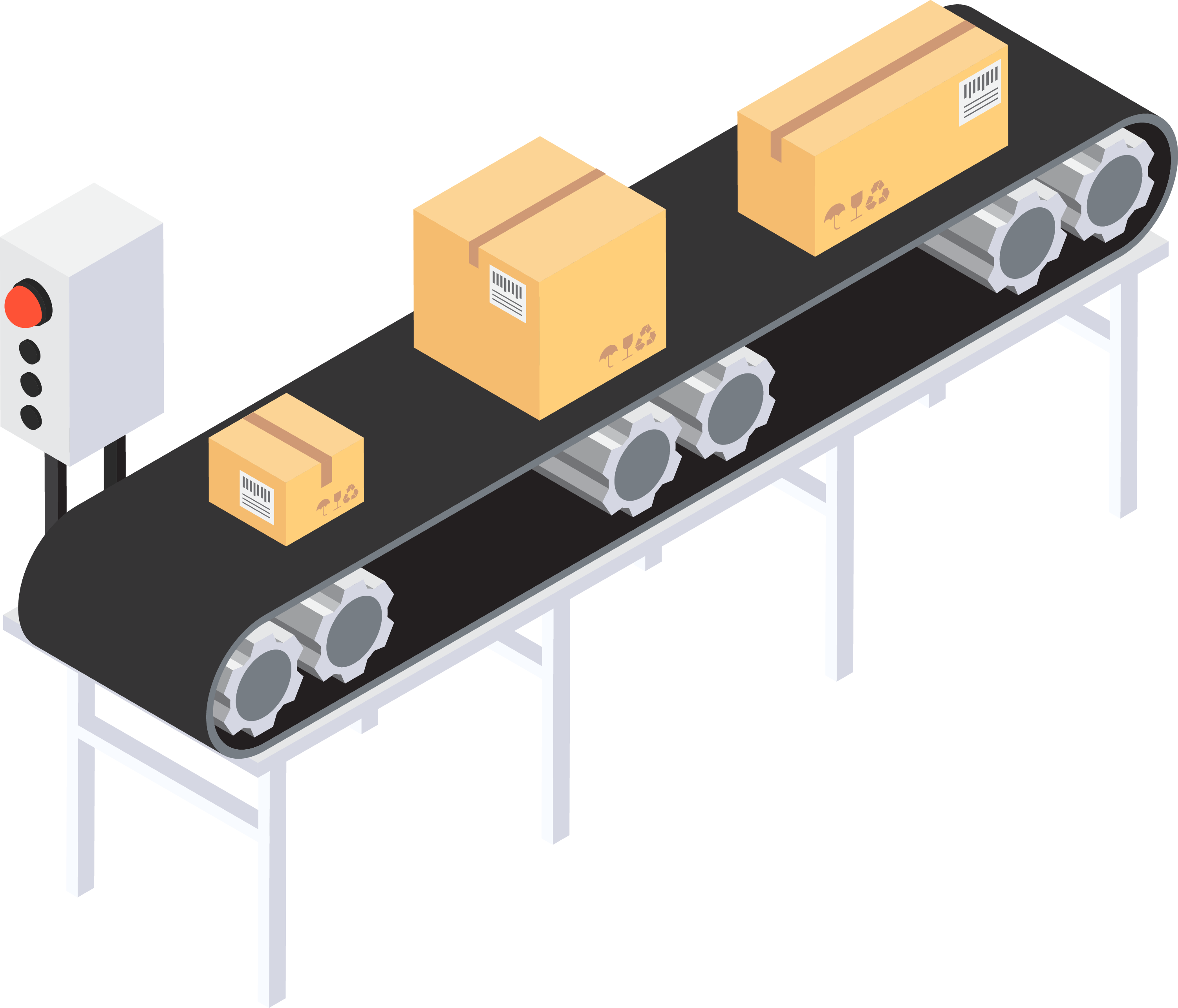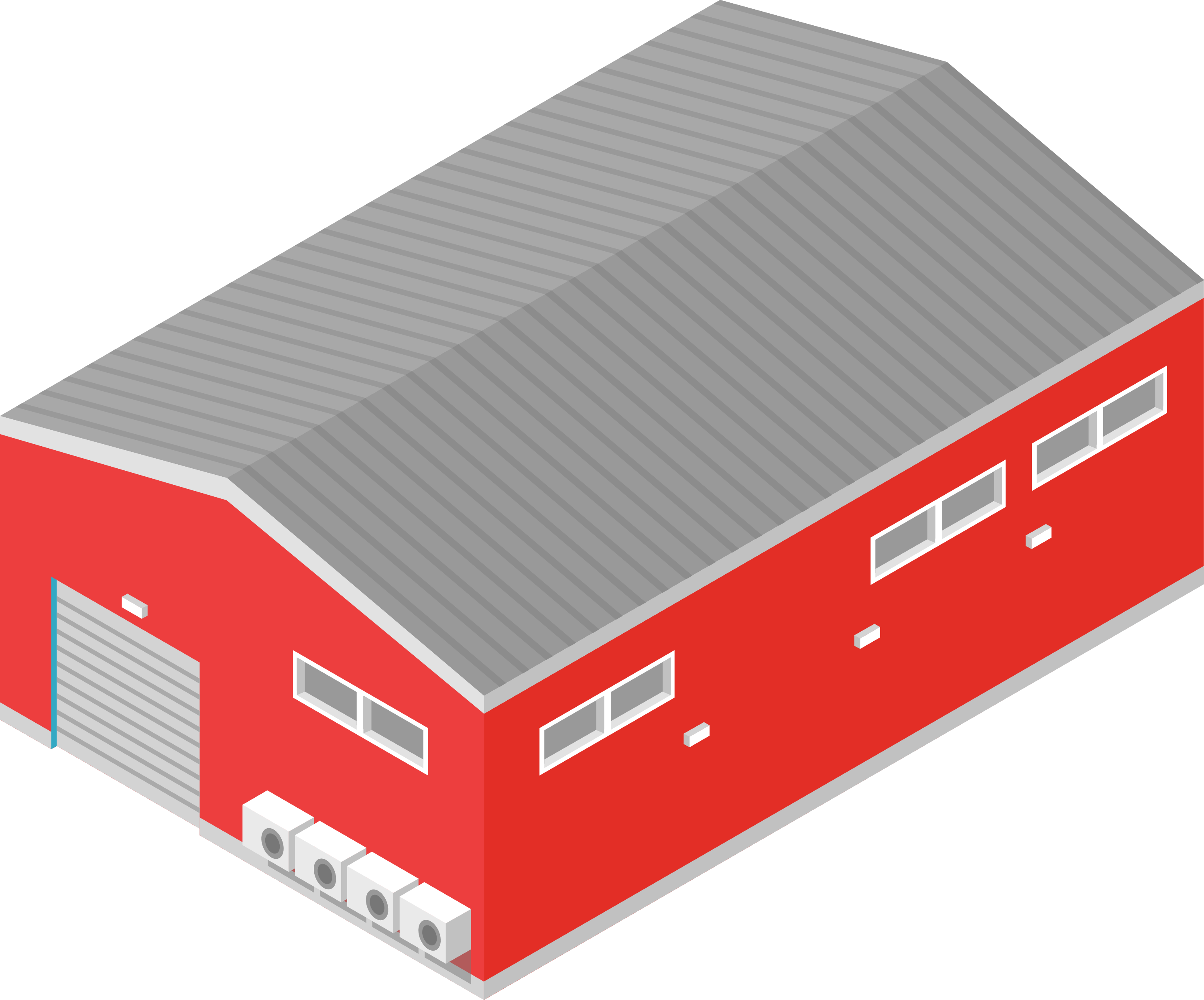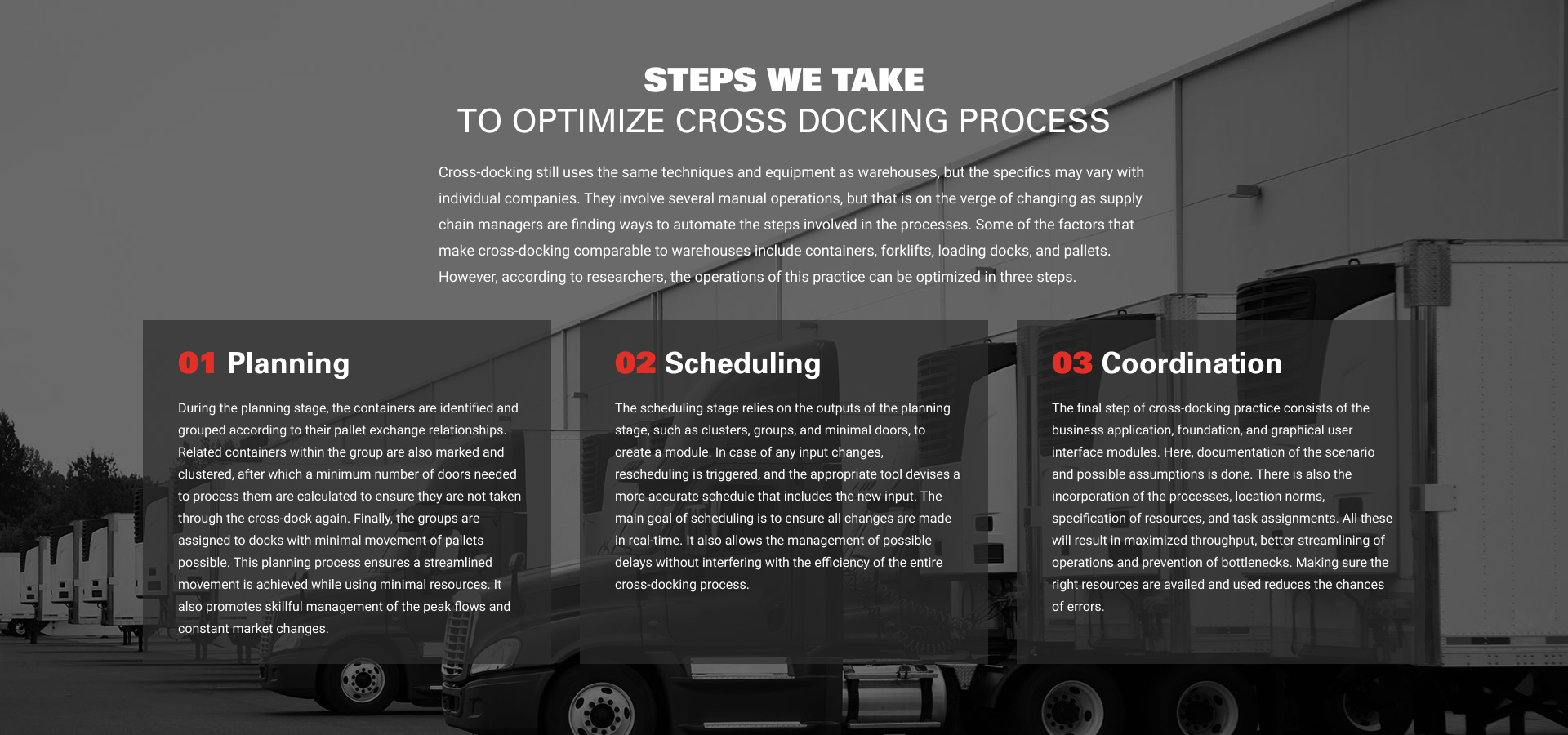What products are well suited for cross-docking?
As you may have noticed in our attempt to demystify cross-docking, handling times are crucial and must be taken into serious consideration before cross-docking occurs. The following products are best suited for cross-docking.
- Products that are new in the market and are being introduced
- Products that have been ticketed for sale
- Products in high demand due to seasons, scarcity among other factors
- Products that perish quickly. A good example here is food
Cross Docking VS Warehousing
Cross-docking and warehousing are interconnected, though they have some factors that differentiate them. To understand cross-docking, you must understand warehousing first.
The common disadvantages of warehouses, such as increased labour costs, mismanagement of inventory, and motion waste, are making them more problematic than beneficial to business owners. This is according to supply chain managers and business strategists who think that the warehouse setup is problematic.
Before this change of perception, warehouses were seen as efficient tools in running a successful business. They helped balance the changes in consumer demand by making it possible for businesses to continue moving products through the supply chain. They also reduced the time taken to distribute a product from a supplier or manufacturer to the consumer. On the other hand, warehouses also increase costs in several ways such as:
- Taxes and storage
- Heating and lighting the storage area
- Inventory management costs
- Insurances
Technological advancements in several areas such as communication, transportation, and logistics have led to cross-docking taking over. Cross-docking reduces the resources needed to manage the goods. Unlike warehousing, this process allows the movement of products without stocking them. A distribution center, which can still be a warehouse, is still necessary with cross-docking. It serves as the hub where the goods are sorted out quickly, processed, loaded into respective trucks, and delivered to different places.
Cross-docking reduces the cost of keeping inventory and labour needed to handle the materials. The methods differ depending on the business type and company. Some types allow delivery of products directly to the consumers while others to retailers.








